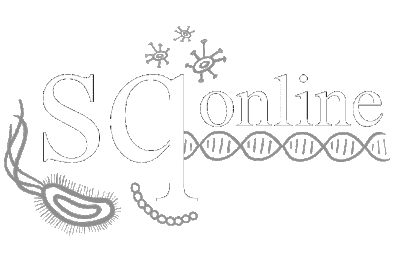By Oliver Engel | Blogger | SQ Online (2013-2014)
If you’re reading this blog, chances are that you’re a wide-eyed science major like myself, eager to participate in research and learn about everything from genetics to anatomy (well…maybe not chemistry. Who in their right mind enjoys chemistry?). In any case, you’re probably a lot like Mary Shelley’s fictional scientist, Victor Frankenstein. At one point he exclaims that “more, far more, will I achieve; treading in the steps already marked, I will pioneer a new way, explore unknown powers, and unfold to the world the deepest mysteries of creation” (Shelley 486). However, the question is: can science, with all of its potential for revolutionary new discoveries, ever go too far?
In the early 19th century, hubristic scientist Giovanni Aldini attached a battery to a recently executed convict, George Forster, and galvanized him in an attempt to restore life to the body. Foster’s muscles reacted to the electricity, and the spark of life seemed to briefly flash across his corpse–naturally, people were stunned, and news of the experiment spread quickly throughout England. The Discovery Channel actually re-created Forster’s galvanization, which you can view here on YouTube. Shelley undoubtedly heard the rumors and was inspired by the experiment, but a different question must have at one point entered her mind: is this ethical? Even if we could bring the dead back to life, should we still do it?
Shelley’s Frankenstein offers insight into the ethics of science, focusing on Victor Frankenstein’s experiments in human physiology and subsequent creation of the horrifying humanoid that we know today. Frankenstein is portrayed as an extremely arrogant man, elevating himself to a divine status–exactly the type of behavior which Shelley warns against. She cautions that, without considering the ethics of scientific advancement, scientists have the potential to create or discover things with destructive or morally corrupt potential. Take for example the atom bomb: technically, this creation is a testament to human brilliance and ingenuity–just like Frankenstein’s creation–but in turn raises serious ethical issues and has changed society irreversibly.
Shelley’s idea of ethical science extends to many present-day issues that are important for us as science students to understand. Ethical dilemmas surround some of the latest emerging discoveries in science, from stem cells to gene patenting, and will continue to arise as technology and knowledge become more sophisticated. Dr. Ira J. Kodner at the Washington University in St. Louis, concerning Shelley’s work, adds that “‘we deal with ethical issues in medicine every day…we must constantly adjust the balance between doing some harm and ultimately doing good’” (WUSTL). The university has a more in-depth discussion of scientific ethics here.
With each new generation of scientists comes new ethical problems which must be addressed. And not to put pressure on anyone, but we’re kind of that next generation. Whether we become doctors, researchers, or even switch majors after taking O. Chem, we’re going to have to answer the question: has science gone too far?
Sources / Additional Reading
Washington University in St. Louis article on Frankenstein and its implications for modern medicine.
